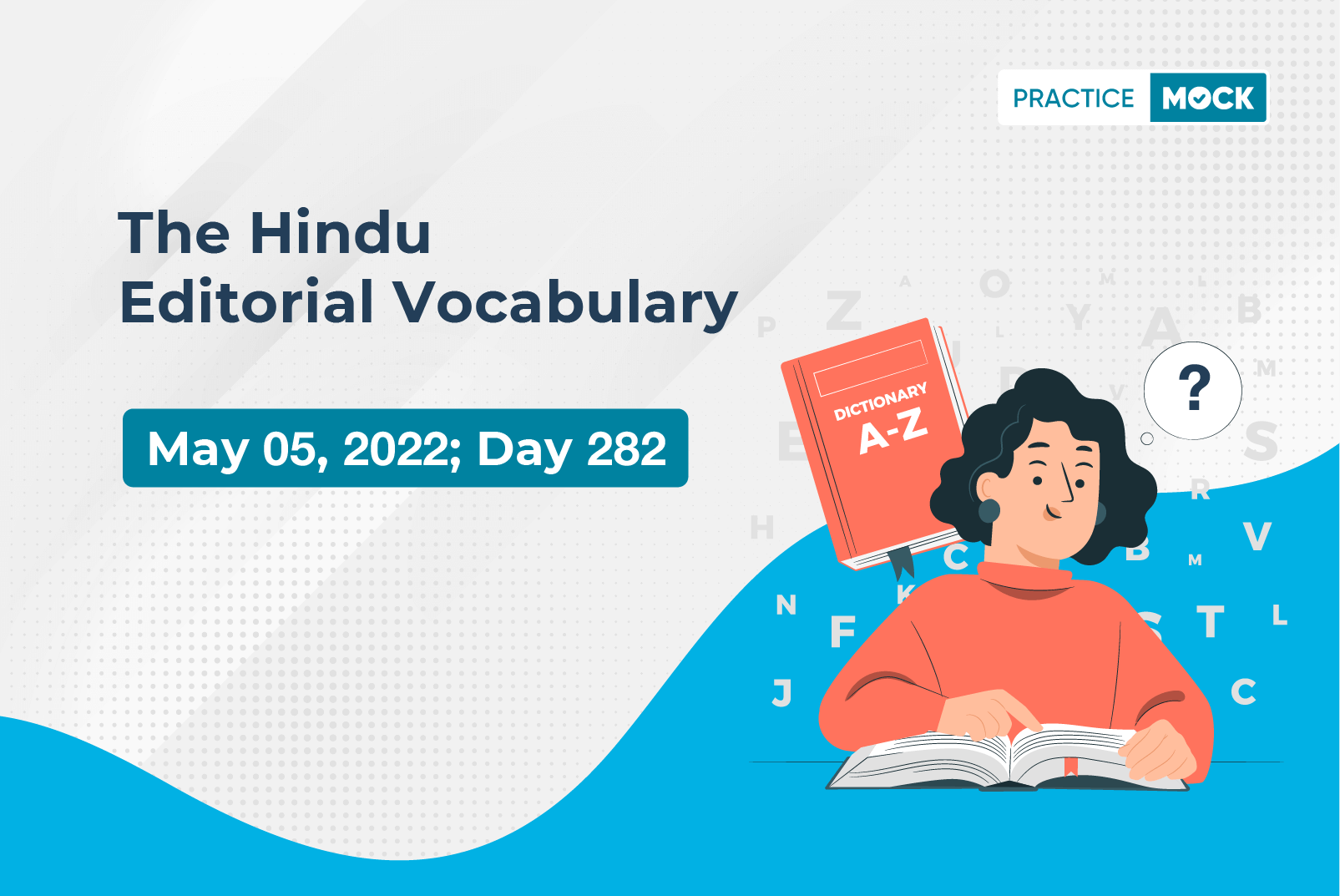| Difficult Word/ Phrase | Contextual Sense |
| Reiterate | say something again, usually in order to emphasize it |
| Bilateral | Affecting or undertaken by two parties |
| Leg | a section or part of a journey or course |
| Elephant in the room | an obvious problem or difficult situation that people do not want to talk about |
| Invasion | the act of an army that invades for conquest or plunder |
| Cut back | Make a reduction in |
| Decade | A period of 10 years |
| Pragmatism | an approach to problems and situations that is based on practical solutions |
| Aggression | Violent action that is hostile and usually unprovoked |
| Sanction | Something someone is made to do to compensate for a wrongdoing |
| Reluctant | Unwillingness to do something |
| Senseless | Serving no useful purpose |
| Unveil | Remove the cover from |
| Contour | The outline of something |
| Disrupt | Throw into disorder |
| Vital | absolutely necessary |
| Isolated | Cut off or left behind |
In the time of war: On India’s ties with Europe without upsetting Russia
India will have to find a way of building ties with Europe without upsetting Russia
Prime Minister Narendra Modi’s three-nation visit to Europe comes at a time when the continent is facing its biggest security crisis since the end of the Cold War. In Germany, Mr. Modi and Chancellor Olaf Scholz reiterated (say something again, usually in order to emphasize it) the partnership between the two countries. Berlin has also announced €10 billion for bilateral (Affecting or undertaken by two parties) cooperation. In Copenhagen, Mr. Modi attended the India-Nordic summit with leaders of Denmark, Norway, Sweden, Finland, and Iceland. In the last leg (a section or part of a journey or course), the Prime Minister held talks in Paris with French President Emmanuel Macron, who was re-elected recently. While bilateral issues are at the centre of these meetings, the elephant in the room (an obvious problem or difficult situation that people do not want to talk about) is the Russian invasion (the act of an army that invades for conquest or plunder) of Ukraine. Mr. Modi’s trip comes a few days after the President of the European Commission, Ursula von Der Leyen, visited India. New Delhi’s neutral position on the war has triggered both criticism and engagement from the West. India has seen several high-profile visits from the West, with some top officials pressing New Delhi to cut back (Make a reduction in) on trade with Russia, a traditional strategic partner. Among the Nordic five, Sweden and Finland are now considering dropping their decades (A period of 10 years)-long neutrality and seeking NATO membership.
In Germany, however, both sides showed pragmatism (an approach to problems and situations that is based on practical solutions) over the Ukraine question. Germany, like India, has deep economic ties with Russia — if for India it is about defence supplies, for Germany, it is for almost 40% of its gas import requirements. While the Russian aggression (Violent action that is hostile and usually unprovoked) has prompted Germany to raise its defence spending and join the western sanctions (Something someone is made to do to compensate for a wrongdoing) regime, it has been reluctant (Unwillingness to do something) in sending weapons to Kyiv, compared to other NATO members in Eastern Europe. While Mr. Scholz urged Russian President Vladimir Putin to “stop this senseless (Serving no useful purpose) murder and withdraw your troops”, Mr. Modi’s response was more measured. He said that no party could emerge victorious and that dialogue was the only way out. India and Germany also unveiled (Remove the cover from) the contours (The outline of something) of the next level of their partnership. Germany has said India is its “central partner” in Asia and that close cooperation would continue to expand. Europe is expected to take a more securitised approach to foreign policy from now, given the direction of the Ukraine conflict. In the post-Cold War world when Europe witnessed relative stability, India managed to build strong ties with both the West and Russia. But that era of multi-directional partnerships is facing its strongest test now with the West seeking to “weaken” Russia and Moscow warning of a new world war. The challenge before New Delhi is to build a stronger strategic future with Europe without immediately disrupting (Throw into disorder) its complex but vital (absolutely necessary) partnership with an increasingly isolated (Cut off or left behind), angry Russia.
Want to improve your vocabulary further? Download the Lists of Word-Meanings of Previous Months here.
- Sign Up on Practicemock for Updated Current Affairs, Free Topic Tests and Free Mini Mocks
- Sign Up Here to Download Free Study Material
Free Mock Tests for the Upcoming Exams
- IBPS PO Free Mock Test
- RBI Grade B Free Mock Test
- IBPS SO Free Mock Test
- NABARD Grade A Free Mock Test
- SSC CGL Free Mock Test
- IBPS Clerk Free Mock Test
- IBPS RRB PO Free Mock Test
- IBPS RRB Clerk Free Mock Test
- RRB NTPC Free Mock Test
- SSC MTS Free Mock Test
- SSC Strenographer Free Mock Test
- GATE Mechanical Free Mock Test
- GATE Civil Free Mock Test
- RRB ALP Free Mock Test
- SSC CPO Free Mock Test
- AFCAT Free Mock Test
- SEBI Grade A Free Mock Test
- IFSCA Grade A Free Mock Test
- RRB JE Free Mock Test
- Free Banking Live Test
- Free SSC Live Test



